Treatment Courts
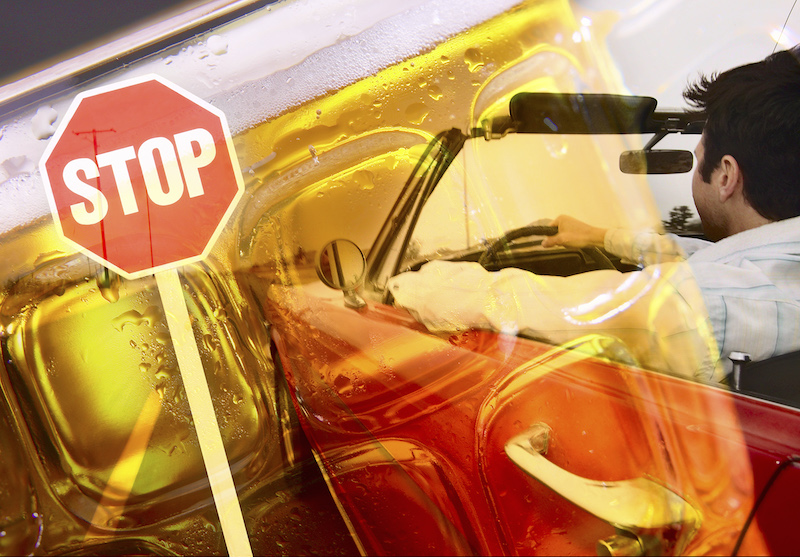
Drink Driving Courts
Based on the Drug Treatment Court model, Drink Driving Courts hold repeat drink driving offenders accountable and get them to become law abiding citizens by using long-term treatment and intensive supervision.
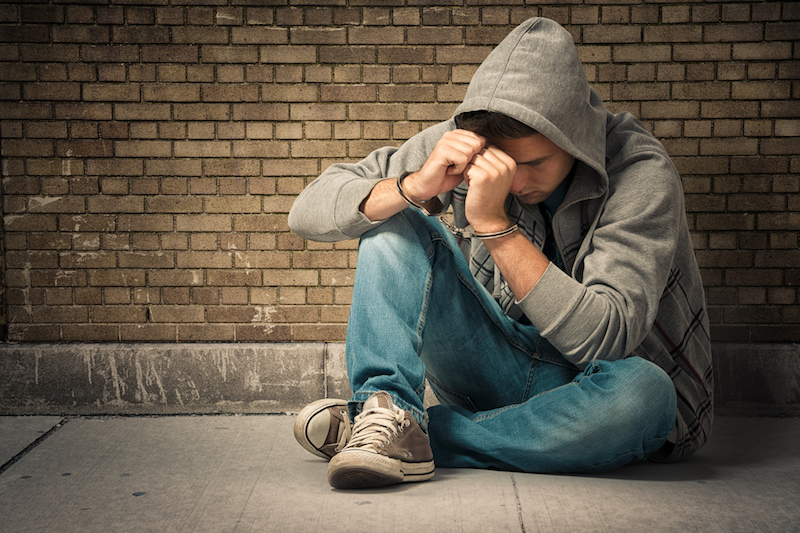
Juvenile Treatment Courts
Juvenile/Youth/Children’s Drug Treatment Courts are dockets within juvenile courts for cases involving substance abusing youth in need of specialized treatment services and their families. They focus on providing treatment to high risk juvenile offenders with the goal of reducing recidivism and substance use.

Drug Treatment Courts
An Alcohol and Other Drug Treatment Court focuses on substance use disorders that act as catalysts for crime. The offender is offered the opportunity to participate in substance abuse treatment instead of incarceration.

Mental Health Courts
Mental Health Courts run a specialized diversionary program that addresses the complex case management required by mentally ill offenders

Family Drug Treatment Courts
A FDTC focus on child abuse or neglect in which parental substance use is a contributing factor. Providing safe, nurturing and permanent homes for children while providing parents with support and services.

Veterans Treatment Courts
Veterans Treatment Courts are specialized courts for veterans who are identified, connected to services and linked to a support network so as prevent recidivistic behavior and to reduce the number of veterans who are incarcerated.
Jurisprudence

Therapeutic Jurisprudence (TJ)
TJ studies the extent to which substantive rules, legal procedures, and the role of legal actors produce therapeutic or antitherapeutic results for individuals in the legal process.

Labeling Theory
Labeling theory says social deviance can be prevented by replacing “moral indignation with tolerance.” Rehabilitation of the individual by altering their labels is key.
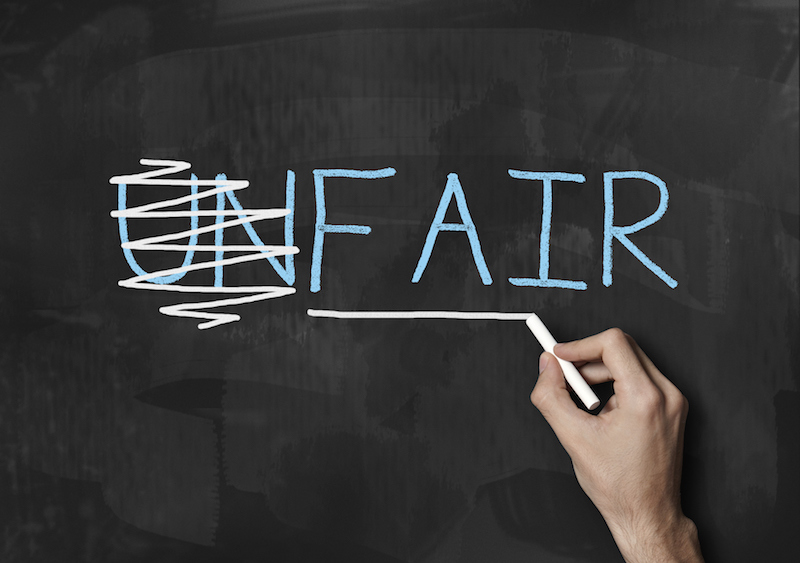
Procedural Justice/Fairness
Procedural Justice (also called Procedural Fairness) looks at how judgements about justice or injustice shape the legitimacy of the courts and its systems.

Rule of Law
An important concept, the Rule of Law is based upon the World Justice Project’s definition of four universal principles that every country should implement.
Victimization

Honor Killings
This crime is ultimately about violence against women and it must be fought at all levels: within the family, in the community, in every country and across the globe.
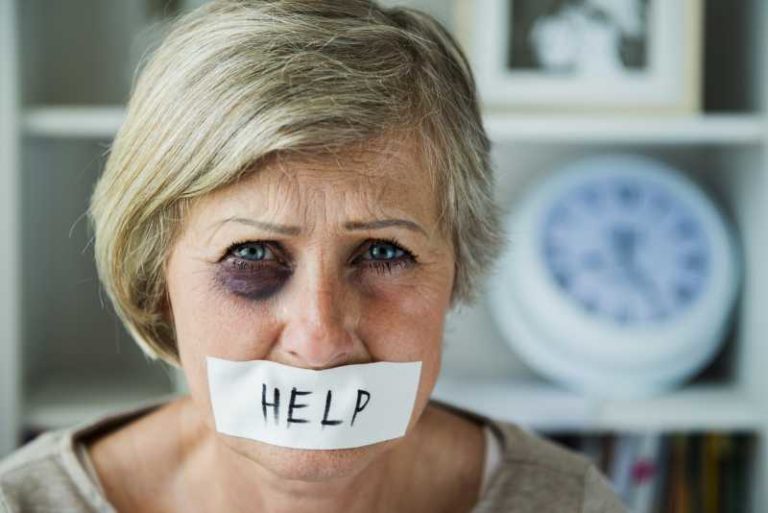
Elder Abuse
A sharp increase in the elderly population, coupled with the vulnerable nature of this victim group, yields hundreds of thousands of older adults who are abused, neglected and exploited each year.
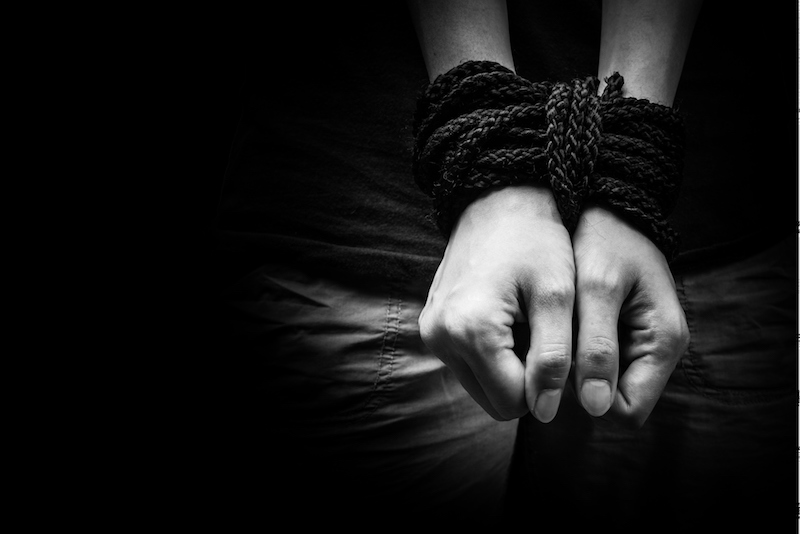
Human Trafficking
Human trafficking is a global crime and a form of modern day slavery. As a multi-billion dollar enterprise it occurs in every country and it impacts us all.

Turkey and the Syrian Refugees
Under the terms of the treaty between the European Union (EU) and Turkey, any Syrian refugee who illegally enters the EU would be detained and then transported to Turkey.
Traffic Safety
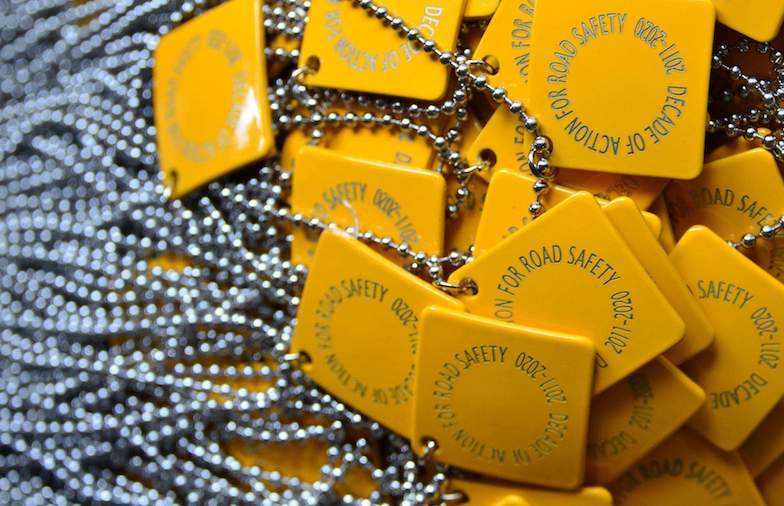
Global Road Safety
Recognizing the growing threat of traffic injuries and fatalities, in March 2010 the United Nations proclaimed a Decade of Action for Road Safety (2011–2020).
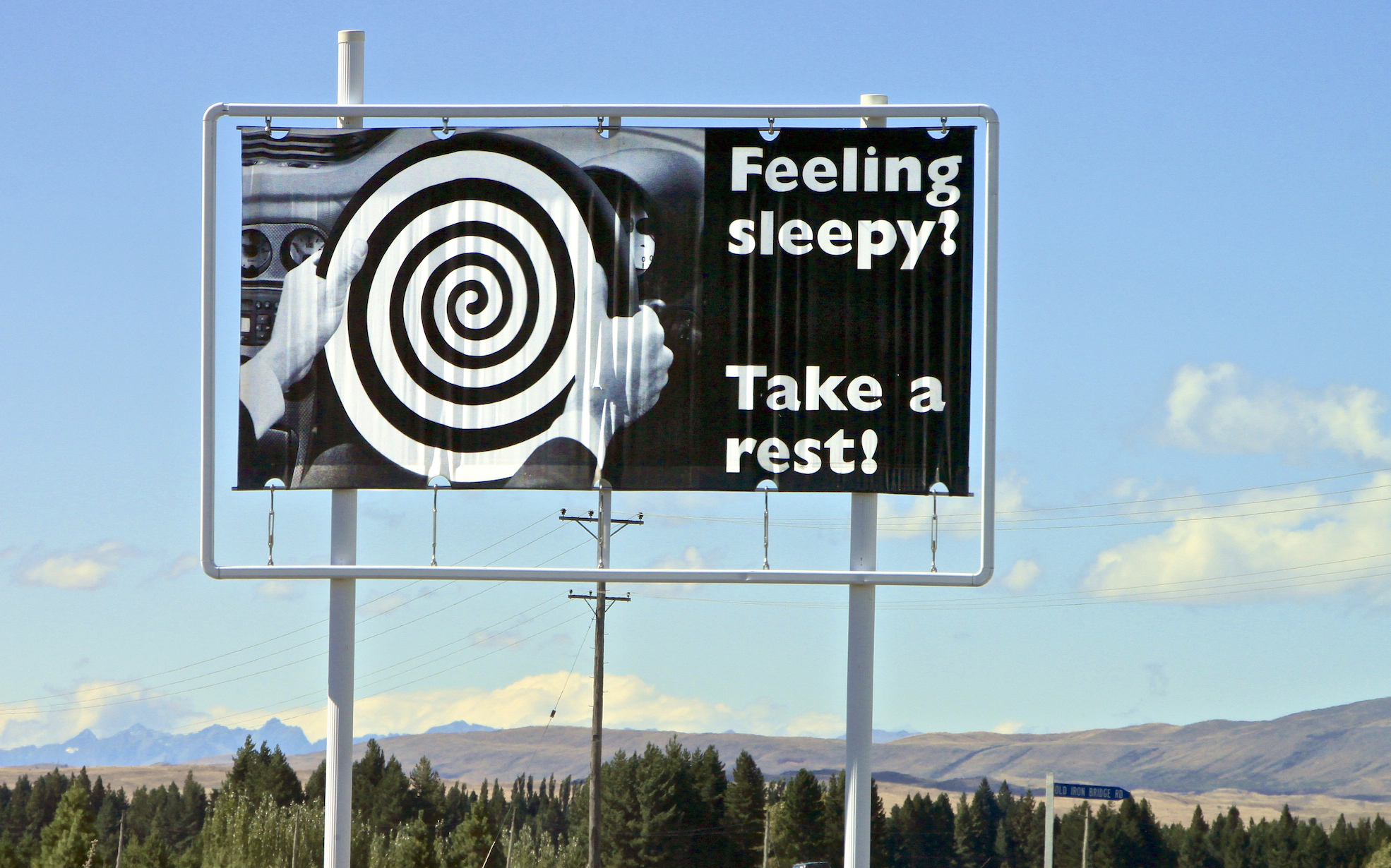
Drowsy Driving
Falling asleep behind the wheel can turn a motor vehicle into a deadly weapon. There are many myths about drowsiness and this article debunks them.
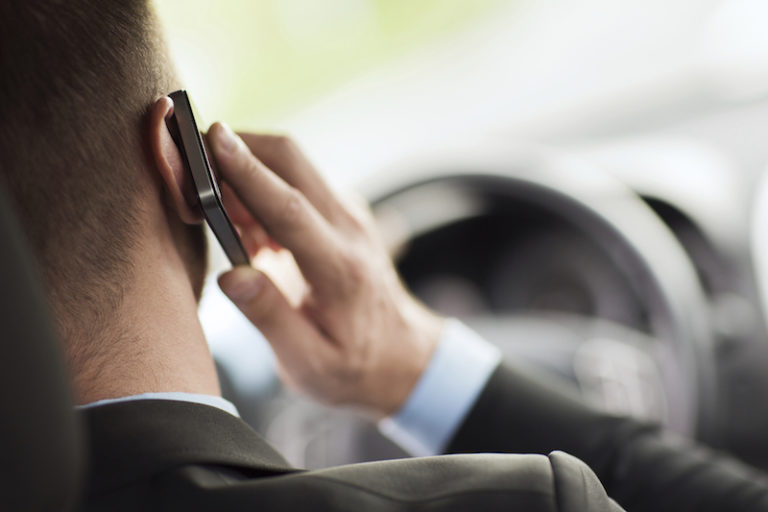
Distracted Driving
The research is clear. Everyone who talks on the phone, hands free or not, and drives is putting pedestrians, cyclists, passengers and drivers at greater risk of harm.

Drug Recognition Experts
The Drug Recognition Expert (DRE) program, procedure, and police officers constitute a systems approach to identifying, apprehending, and prosecuting the drugged driver.

Corporate Traffic Safety
It is vital to create a “traffic safety culture” at work. Here are four steps you, as an employer, can take to create that culture and possibly save the lives of your employees.
